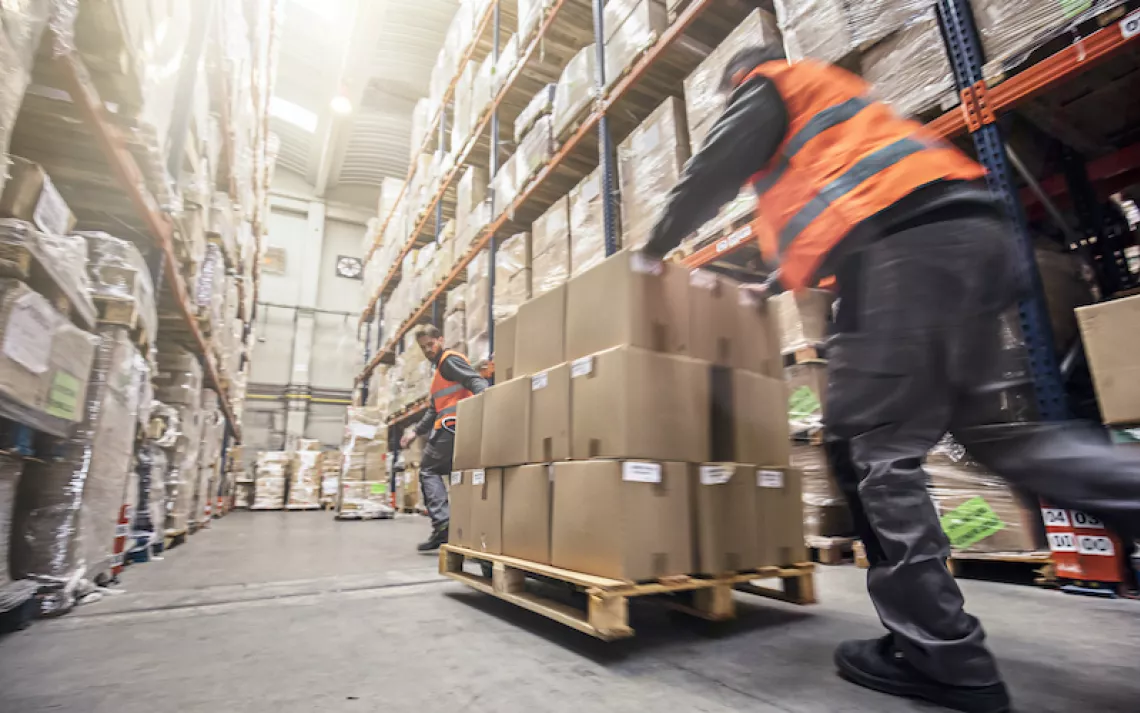Walkable Neighborhoods Make People Happier

We know it's good for the planet, but that's not the only reason walking rocks: People who can walk to their favorite cafe, stroll to a neighborhood park, or saunter to a community center are more trusting and civically involved than people who live in car-centric places, say researchers from the University of New Hampshire in a study published in Applied Research in Quality of Life.
The researchers scored 700 New Hampshire residents from ten neighborhoods on measures of "social capital" — social networks, personal connections, and community involvement — while their neighborhoods were ranked in terms of walkablity. We could have predicted the results: People who could hoof it reported more trust and involvement, and are happier and healthier than those in less walkable neighborhoods.
If those happy, healthy citizens are homeowners, chances are they're also pretty pleased about their property values. A 2009 study by CEOs for Cities found that homes with an above-average Walk Score sold for up to $34,000 more than their no-sidewalk-in-sight counterparts. For those of us without supersized paychecks, however, finding an affordable planet-friendly neighborhood could be a problem. Grist's Katharine Wroth asks, "Should we have to pay more for the privilege of being able to walk to a grocery store?"
If walkable neighborhoods can increase the quality of our lives, it's certainly a question worth asking.
 The Magazine of The Sierra Club
The Magazine of The Sierra Club



